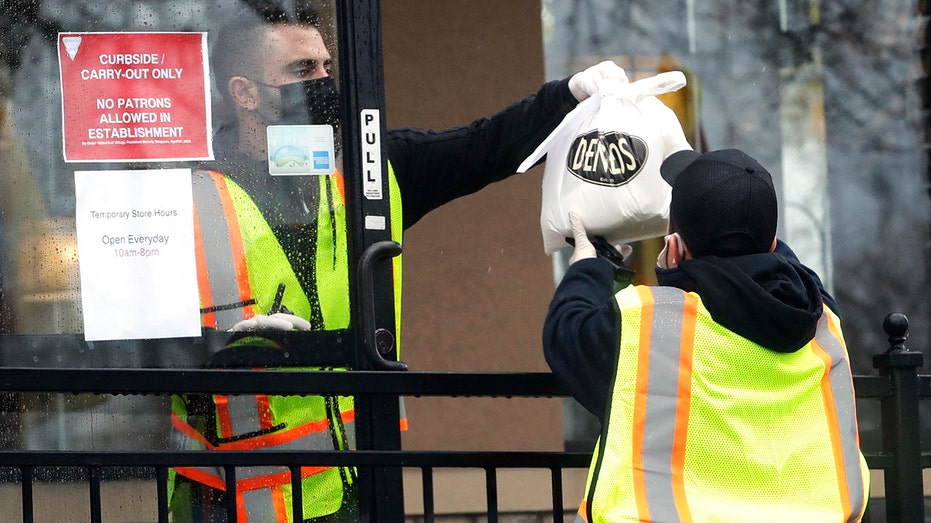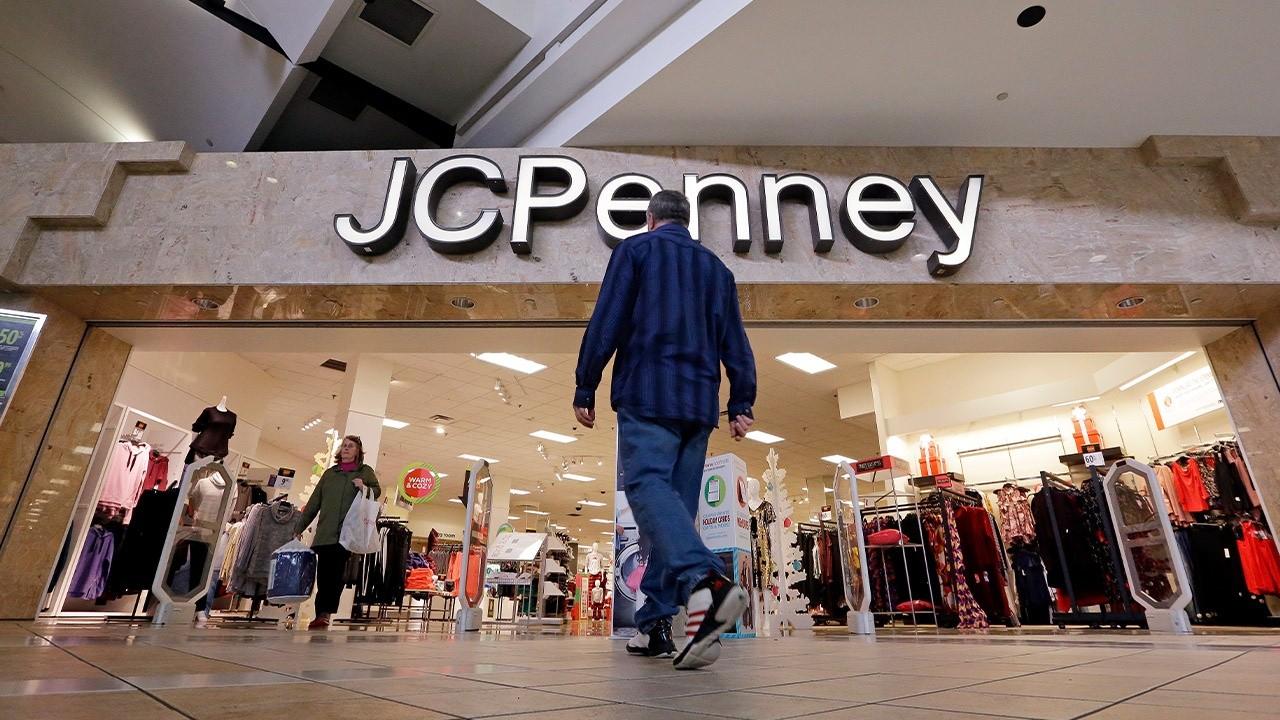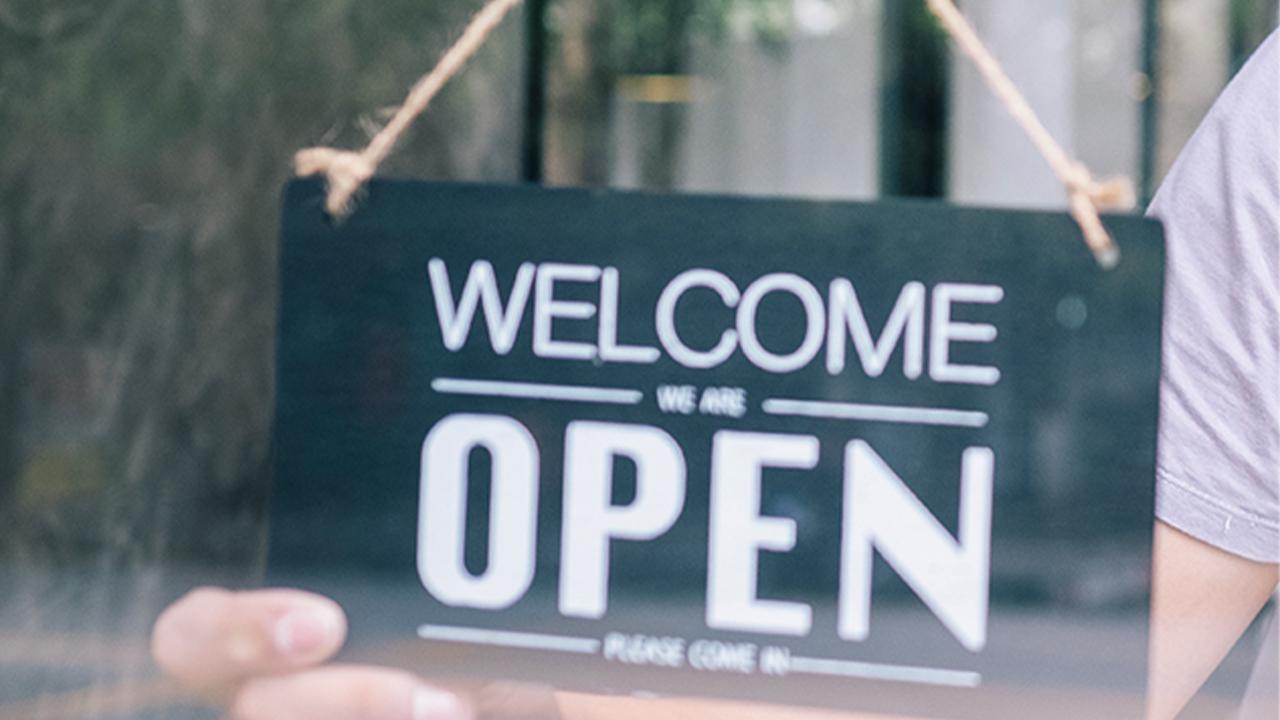Even in pandemic, American shoppers like visiting stores
Curbside pickup has rescued big box retailers' sales during coronavirus restrictions
Although the coronavirus pandemic has severely limited in-person shopping and devastated businesses across the country, customers still like going to stores.
Even if they're merely stopping their cars in front for curbside pickup.
According to a Friday report in The New York Times, shoppers rescued retailers' sales this year using curbside -- something the Times says is indicative of a future for the industry beyond e-commerce.
THESE STORES WILL BE CLOSED ON THANKSGIVING DAY
Curbside was many brick-and-mortar merchants' best strategy for survival as Americans increasingly turned to online giants like Amazon for their every need as countrywide lockdowns threw Americans' lifestyles into disarray.
Advisory firm Coresight Research reported that, as of August, around three-fourths of the top 50 stores in the United States offered curbside pickup.
Target, a fan favorite, reported that its curbside sales grew more than 700% in the past quarter.

A worker at Dengeos restaurant, left, passes a curbside pickup order to another staff member in Buffalo Grove, Ill., on Saturday, April 25, 2020. (AP Photo/Nam Y. Huh)
Tech giant Best Buy saw a record-setting almost $5 billion in online revenue in the second quarter, with 41% of that figure tallied from curbside or in-store pickup.
Although the industry may be permanently altered by COVID-19-spurred habit changes, curbside is a key component of preserving jobs in retail, even if sales floors evolve into mini-fulfillment centers.
For shoppers, one advantage to picking up products at stores is that they can avoid exorbitant delivery fees and frustrating wait times.
DICK'S HIRING UP TO 9,000 SEASONAL WORKERS, GEARING UP FOR HOLIDAY RUSH
When Amazon was swamped with rush orders for food, toilet paper, masks and tech in the early months of the pandemic, big box stores almost flourished. The e-comerce giant's loss was a boon for chains such as Target, Walmart and Best Buy.
Retailers that also sell groceries saw further success amid the tumult -- along with a need for contactless delivery -- and stores like Target are changing their business models because of it.
Target plans to add fresh and frozen groceries to its Drive Up offering, create up to 12 additional parking spaces for pickup at its locations, and double the number of employees dedicated to in-store and curbside pickup during the upcoming holiday season.
Though, notably, it will be a strange couple of months for shoppers and retailers alike.
Walmart's curbside orders accounted for 11% of its revenue in late spring and summer, giving it a leg up against Amazon, which had previously crushed competitors. The store now employs 74,000 workers to select groceries on orders and bring them out to customers' cars.
Target has said that its order pickup and curbside services cost the company approximately 90% less on average than warehouse orders, according to The Times.
The shift is a double-edged sword for employees, however, with some retailers choosing to increase workloads without providing additional compensation.
CLICK HERE TO READ MORE ON FOX BUSINESS
Additionally, many Wall Street analysts predict that jobs that are viable currently could easily be done by machines in the future. Even now, curbside pickup service is highly automated.





















